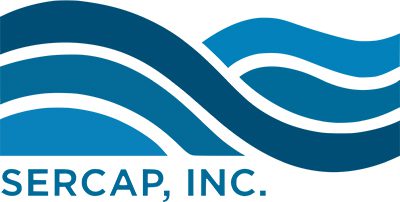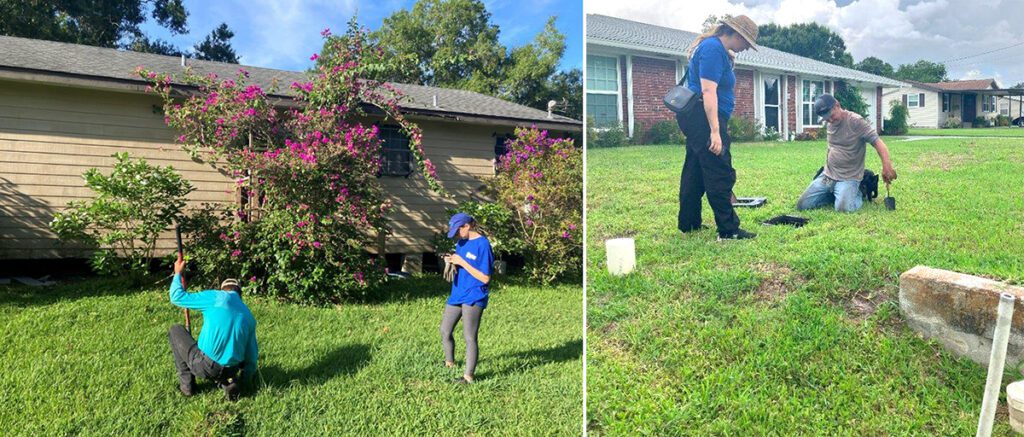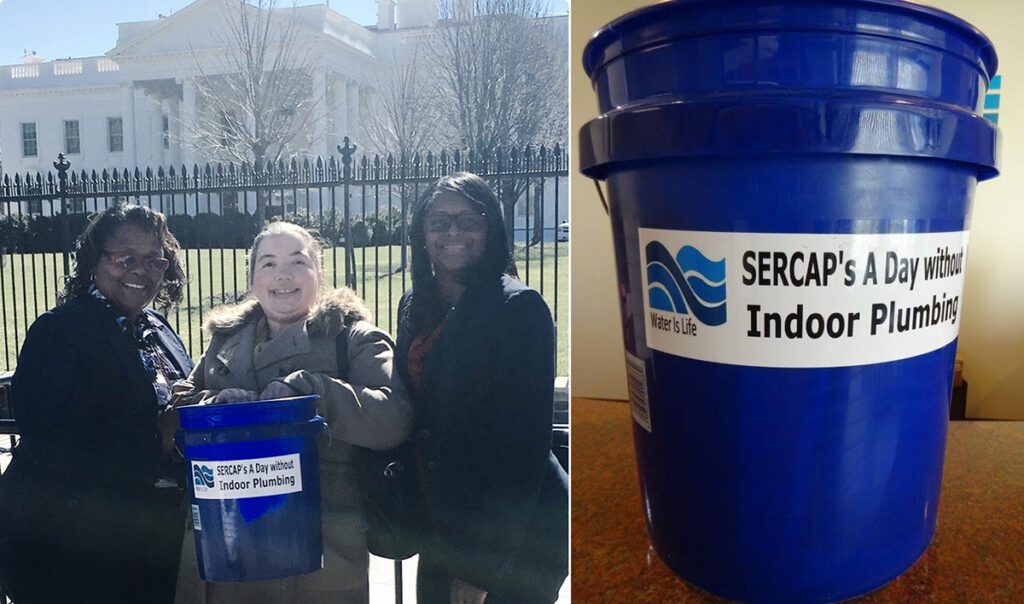Do Care, Don’t Judge, Be Available - Interview with Hope F. Cupit, CEO, SERCAP, Inc.

Tell us about SERCAP’s work and impact
Southeast Rural Community Assistance Project (SERCAP) is a nonprofit organization committed to enhancing the quality of life for low-income individuals and rural communities across the southeastern United States. SERCAP provides vital resources, training, and technical assistance to ensure access to clean and safe drinking water, wastewater solutions, housing, community development, and other essential services.
For over 50 years, SERCAP has actively supported water projects in small, rural communities across the Southeast United Stated, many of which are environmental justice communities. From its beginnings in 1969 as The Demonstration Water Project in Salem and Roanoke County, Virginia, SERCAP grew into the model for the National Rural Community Assistance Partnership (RCAP). SERCAP’s work has a profound impact on rural communities by improving water and wastewater infrastructure, providing financial literacy education, facilitating community development programs, and advocating for sustainable solutions. These efforts contribute to improved public health, environmental sustainability, and economic opportunities, making a lasting difference.

October 17th is Imagine A Day Without Water, please tell us about the smaller community systems SERCAP works with to ensure they gain access to water.

SERCAP offers technical assistance to town boards, engineers, and certified water system operators. The organization works closely with government agencies like the EPA, USDA, and FEMA to provide financial and technical support, ensuring that even the smallest communities can access and maintain their water infrastructure.
When engaging with a community, SERCAP’s team takes a comprehensive approach: we study the community’s history, geography, and technology, all while practicing cultural sensitivity. The Technical Assistance Providers (TAPs) prioritize listening and understanding the needs of each community to provide tailored solutions. Our motto, “Do care, Don’t judge, Be available,” embodies SERCAP’s community-centered approach.
Tell us about a win for SERCAP as a newly selected Environmental Finance Center (EFC).
SERCAP was recently selected to establish a regional Environmental Finance Center (EFC), helping communities access new funds from the Bipartisan Infrastructure Bill through State Revolving Funds (SRFs). These low or no-interest loans are vital for communities seeking to enhance their water systems, infrastructure, disaster recovery, and environmental resilience.
One notable success was SERCAP’s work in Eatonville, Orange County, Florida, the first African American incorporated town in the United States. SERCAP assisted Eatonville after it was impacted by Hurricane Ian, helping with their SRF application and providing essential technical and financial support. This collaboration enabled the community to repair damages to its water utilities and remains a testament to SERCAP’s dedication to supporting communities in need.
SERCAP also excels in conducting lead pipe inventories across its service states. By educating communities on the dangers of lead pipes, hosting information sessions, and involving community members, SERCAP has successfully engaged with parents, grandparents, students, and local leaders, demonstrating the organization’s commitment to public health, environmental health, and education.
Click here to learn more about Eatonville, Florida, via SERCAP’s story map.

What are you excited about when thinking about SERCAP’s work in 2025?
We are excited about the potential to expand SERCAP’s impact in 2025 by enhancing access to clean water, affordable housing, and community development services in underserved communities. As climate change continues to affect the southeastern region, we are eager to play a role in developing solutions that support environmental justice, resilience, and sustainability. We look forward to deepening our partnerships, implementing innovative solutions, and addressing emerging challenges in rural areas, all while continuing to improve the quality of life for the communities we serve.
